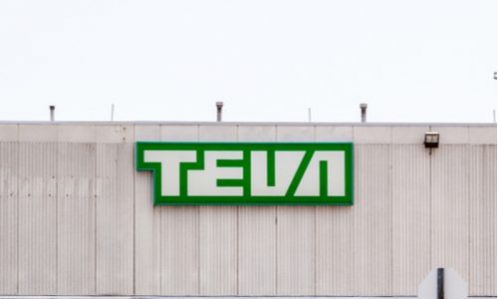FTC Intervenes in Teva’s Inhaler Litigation Against Amneal Amid Patent Crackdown

The Us Federal Trade Commission (FTC) has once again stepped into the fray, this time weighing in on the legal battle between Teva Pharmaceuticals and Amneal Pharmaceuticals over asthma inhaler patents.
The FTC’s involvement stems from its ongoing efforts to scrutinize and challenge drug patents it deems questionable, particularly those listed in the Food and Drug Administration’s (FDA) Orange Book. This comprehensive catalog serves as a vital resource for generic drug developers, detailing branded drug patents. However, the FTC asserts that some of these patents are unjustifiably blocking competition, impeding the entry of more affordable generic alternatives.
In the latest development, the FTC filed an amicus brief in a New Jersey federal court, taking aim at Teva Pharmaceuticals for what it alleges are “improperly listed” patents related to its asthma inhaler, ProAir HFA. According to the FTC, Teva employed these patents to obstruct Amneal Pharmaceuticals’ efforts to secure approval for a generic version of the inhaler. Consequently, the FTC is urging the court to compel Teva to retract the five patents central to the dispute.
Read more: EU Regulator Claims Pharma Group Teva Delayed Generic Competition
The crux of the matter lies in the statutory stay triggered by Teva’s patent infringement claims, effectively halting Amneal’s generic ProAir inhaler’s approval for up to 30 months. This delay potentially postpones the approval of the generic drug until February 2026, a move that Amneal contends could have been avoided if not for what it perceives as Teva’s misuse of patents.
Amneal, aligning itself with the FTC’s stance, has accused Teva of “improper Orange Book listings,” arguing that the contested patents lacked validity and should not have warranted a stay of approval. According to Amneal, had Teva refrained from challenging its generic asthma medication based on these patents, FDA approval could have been secured as early as April 2024.
Now, with the support of the FTC, Amneal seeks a favorable judgment from the court, one that would compel Teva to remove the contentious ProAir patents from the Orange Book. Such a decision, the FTC contends, would pave the way for expedited approval of competing generic products, potentially enhancing market competition and accessibility to more affordable medications.
As the legal battle unfolds, the outcome could have far-reaching implications not only for Teva and Amneal but for the broader landscape of pharmaceutical patent enforcement and its impact on drug accessibility and affordability for consumers.
Source: Fierce Pharma
Featured News
UK Government Approves Vodafone-Hutchison Merger
May 9, 2024 by
CPI
Senate Majority Leader Announces Plan for AI Regulation Framework
May 9, 2024 by
CPI
BBVA Initiates Aggressive Takeover Bid for Sabadell
May 9, 2024 by
CPI
TikTok to Label AI-Generated Content Amid Election Interference Concerns
May 9, 2024 by
CPI
Italy’s Antitrust Authority Imposes Heavy Fines on Car Rental Giants
May 9, 2024 by
CPI
Antitrust Mix by CPI
Antitrust Chronicle® – Ecosystems
May 9, 2024 by
CPI
Mapping Antitrust onto Digital Ecosystems
May 9, 2024 by
CPI
Ecosystems and Competition Law: A Law and Political Economy Approach
May 9, 2024 by
CPI
Ecosystem Theories of Harm: What is Beyond the Buzzword?
May 9, 2024 by
CPI
Open Ecosystems: Benefits, Challenges, and Implications for Antitrust
May 9, 2024 by
CPI